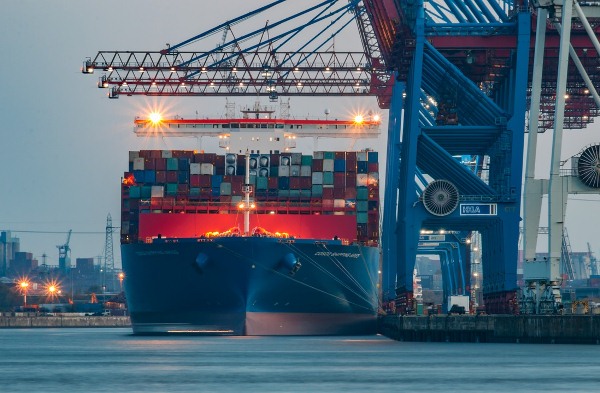
In a statement on January 28, ICS released instructions to its members on steps to take to limit the spread of the novel Corona Virus (2019-nCov).
“The instructions reflect advice given from the World Health Organisation (WHO), who stated that if certain measures are taken, there should be no ‘unnecessary restrictions of international traffic’, meaning ports and global shipping can continue to operate,” said ICS, the global shipping body representing 80% of the world’s merchant fleet.
Fully adopting the guidelines “avoids the unnecessary closure of ports that facilitate 90% of global trade, including the transportation of medicines that underpin the health industry, as well as food and fuel supplies,” it continued.
“Should the WHO recommendations change with the closure of specific ports for medical reasons, we would recommend that the port in question and shipowners follow this advice,” it added.
Guy Platten, secretary general of ICS, said: “The ICS takes its responsibilities on safeguarding public health extremely seriously. It has shared WHO guidelines to its members on how best reduce the possibility of the spread of 2019-nCov.
“The shipping industry will always prioritise the health of our crew and members of the public above all else. We have recommended that all our members across the world follow the WHO measures. As an industry, we fully understand the importance of playing our role in halting the spread of viruses.
“By implementing the measures in their entirety, we are avoiding the needless closure of any port. Shipping can continue to be the conduit for 90% of world trade, ensuring the steady supply of medicine, food and fuel for consumers worldwide. We are thankful that the WHO has avoided a knee jerk reaction, which would do nobody any favours.”
Advice provided to ship owners highlights the need for:
- Exit screening at ports in the affected areas to detect symptomatic travellers and prevent the exportation of the disease. This includes checking for signs and symptoms and keeping confirmed cases under isolation and treatment.
- Implementing health information campaigns to raise awareness on how to receive assistance if someone is showing symptoms.
- Collaborating with public health authorities for case management on board ships, should a traveller with symptoms be detected.
Image by Karsten Bergmann from Pixabay









